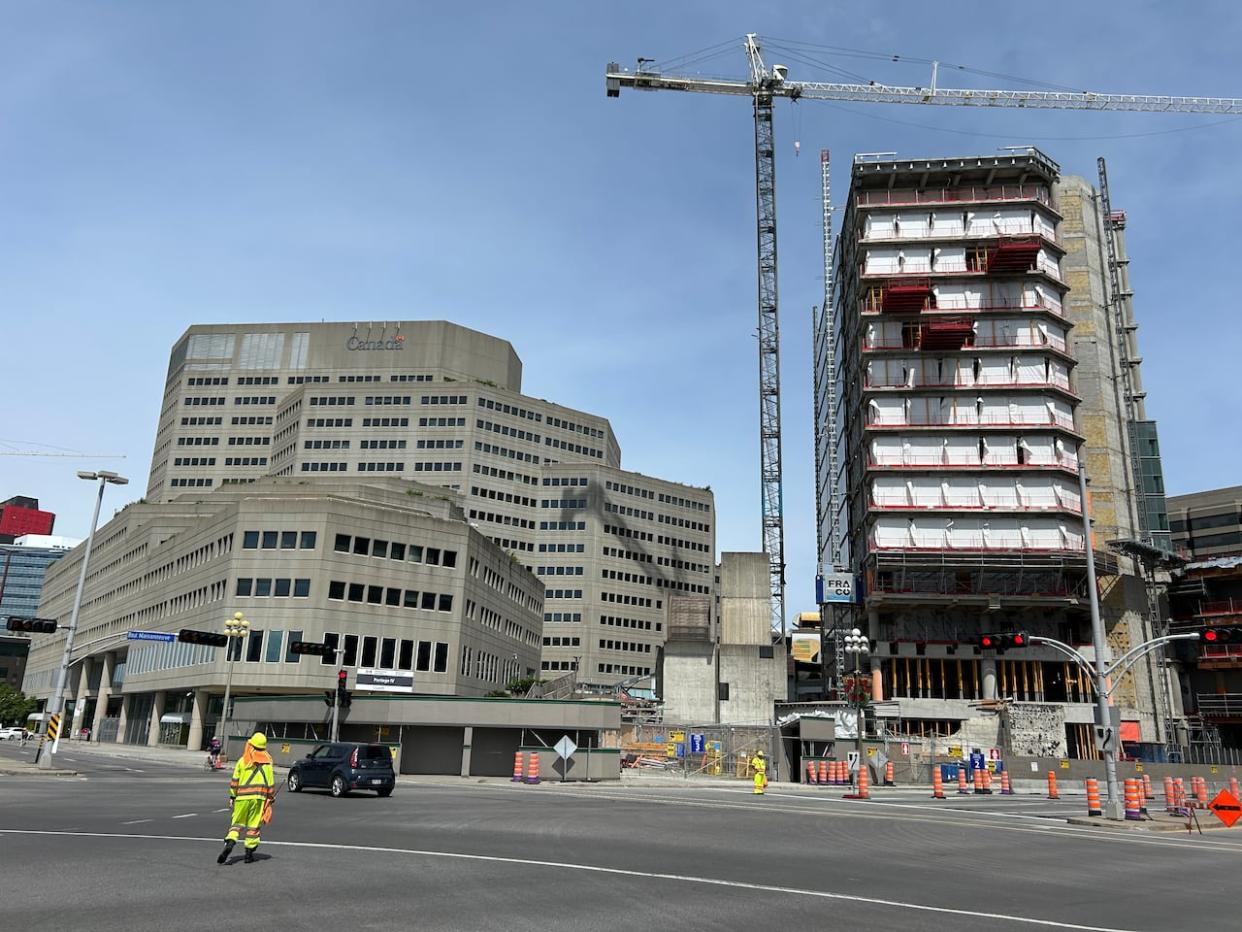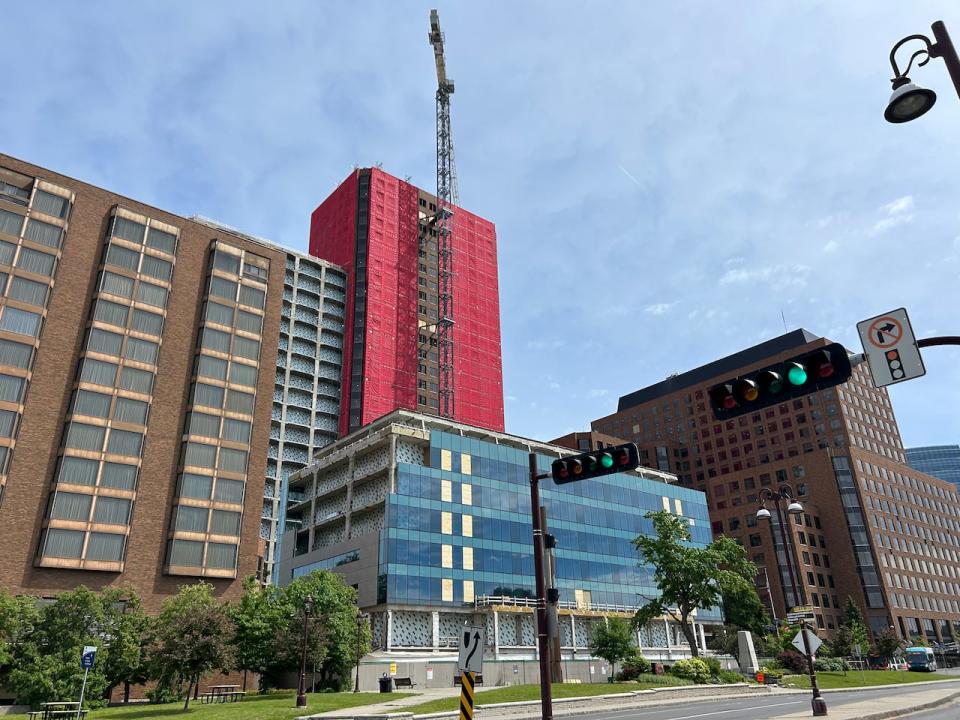New poll suggests stark divide on federal return-to-office plan

A new survey exploring voters' views during the Gatineau, Que., mayoral byelection suggests people's support of the federal government's latest plan to bring workers back to the office depends heavily on who's signing their paycheque.
Segma Recherche quizzed 1,000 Gatineau residents by phone from May 13-23. The city is home to a number of federal offices.
Among the federal workers questioned, only 24 per cent supported the decision announced last month by the government that would require workers be physically present in their offices three days a week by Sept. 9.
Meanwhile, 62 per cent of people surveyed who do not work for the federal public service told the pollster they back the change.
The survey was commissioned by Radio-Canada and had a margin of error of 3.1 per cent.
Candidates weigh in
Marc Bouchard, Segma Recherche's general director, said he reacted "without surprise" to the low support federal workers expressed for the plan.
Daniel Feeny, a former federal worker and one of seven candidates seeking the mayor's seat, said he wasn't shocked either that the reactions were "polarized."
"The ... closer you are to the concern, the more involved you are, right?" Feeny said, adding that he believes the city has focused too much on federal servants and should try to get more people to live downtown.
CBC reached out to all seven candidates about the back-to-office plan.
Maude Marquis-Bissonnette said it certainly helps to have workers downtown but they need good infrastructure like improved roads.
Empty space should be given to temporary businesses, she said, and there should be more public art in the downtown too.
"I don't think it should all rely on workers to make that part of the city more attractive," she said.
Yves Ducharme said it's important to "see more action" there and that downtown housing and intensification would help.
"Three days a week [is] better than none," he said of the return-to-office policy. "At least [with] three days a week we can see a difference."

Construction work is underway on several buildings in downtown Gatineau, which is home to multiple federal office towers. (Guy Quenneville/CBC)
Olive Kamanyana said she questions whether the policy will come to anything without union support, adding that "real leadership" will require a fresh mindset.
"[The downtown] will never come back like it was before, even if people go back to work," she said.
Empty buildings should be used to tackle the current housing crisis, Kamanyana added.
Mathieu St-Jean called the back-to-work policy "a little bit dumb" because the government invested in people's home office equipment and now they'll have to bring it back to the office.
More workers downtown would also mean more traffic at a time when "everybody's complaining about climate change," he added.
Rémi Bergeron said federal office buildings should open up space to create technology business hubs. Government buildings are not well-suited to housing people due to issues like piping, he said.
"[It would take] too much modification to transform [those] businesses [for] residents," he said.
Stéphane Bisson could not be reached for comment.


